Disclusure: This post is for informational purposes only. Living Well With Epilepsy did not receive any product samples or compensation in exchange for this post.
Sunovion Pharmaceuticals Inc. (Sunovion) announced on August 28, 2015 that the U.S. Food and Drug Administration (FDA) approved the supplemental New Drug Application (sNDA) for Aptiom® (eslicarbazepine acetate) as monotherapy for the treatment of partial-onset seizures.
This new approved indication allows APTIOM to be used as monotherapy in people who initiate treatment for the first time or convert from other antiepileptic drugs (AEDs) to APTIOM. This approval comes on the heels of a position paper published by the American Academy of Neurology (AAN) on the treatment of epilepsy. Within the position paper, the AAN notes:
Hope for those living with Partial-onset Seizures
Previously approved in 2013 by the FDA as adjunctive therapy for partial-onset seizures, APTIOM is the only exclusively once-daily non-extended release AED, which can be used alone or in combination with other AEDs in the treatment of partial-onset seizures.
“We believe that APTIOM provides an additional therapeutic option to a larger group of people with partial-onset seizures, since APTIOM can now be used both as a monotherapy, as well as an adjunctive treatment,” said David Frawley, Senior Vice President and Chief Commercial Officer, Sunovion.
The Research
The company achieved FDA approval of a monotherapy indication for APTIOM, based on the results of two identically designed Phase 3 clinical studies (Studies 093-045 and 093-046) conducted by Sunovion. Data from the monotherapy trials, in addition to the data generated from the adjunctive trials, confirm that APTIOM is efficacious and well-tolerated as adjunctive or monotherapy treatment within a daily dose range of 800 to 1,600 milligrams.
“Prescribers now have greater flexibility to optimize clinical response and tolerability when using APTIOM to treat people with partial-onset seizures,” said Antony Loebel, M.D., Executive Vice President and Chief Medical Officer, Sunovion Pharmaceuticals Inc., and Head of Global Clinical Development for Sumitomo Dainippon Pharma Group.
Two identically designed Phase 3, dose-blinded, historical-controlled, multi-center, randomized clinical trials (Studies 093-045 and 093-046) evaluated the safety and efficacy of APTIOM (1,600 mg/day or 1,200 mg/day) as monotherapy for partial-onset seizures in patients 16 years of age or older whose seizures were not well-controlled with other antiepileptic drugs (AEDs).
The primary endpoint for both trials was the percentage of patients who exited the study due to pre-defined criteria identifying worsening seizure control, compared to historical controls from previous, similarly designed trials of epilepsy patients converting to AED monotherapy. Trial results showed that conversion to APTIOM monotherapy was associated with exit rates superior to historical controls in patients with partial-onset seizures, who were not well-controlled by one or two current AEDs.
APTIOM administered once-daily was generally well tolerated in both dose strengths. In the APTIOM monotherapy trials, the most common treatment-related adverse events, headache, dizziness, fatigue, somnolence, and nausea, were mainly mild or moderate in severity.
About Epilepsy and Partial-Onset Seizures
Epilepsy is the fourth most common neurological condition, and one in 26 people in the U.S. will develop epilepsy in their lifetime.1 Epilepsy manifests as unprovoked seizures, which are caused by abnormal firing of impulses from nerve cells in the brain.2 Partial-onset seizures, one type of seizure and the most common, are characterized by bursts of electrical activity that are initially focused in specific areas of the brain and may become more widespread, with symptoms varying according to the affected areas.3 The unpredictable nature of seizures can have a significant impact on those with epilepsy. Reducing the frequency of seizures can greatly lessen the burden of epilepsy.2 With approximately one-third of people living with epilepsy still unable to control seizures, there continues to be a need for new therapies.4 Up to 40 percent of people living with epilepsy do not respond to the first or second monotherapy5, and approximately 36 percent do not have adequate control of seizures despite the use of two or more antiepileptic medications6.
“Epilepsy is a common medical condition. About a third of the approximately three million people in the U.S. who have epilepsy do not have fully successful treatment with current approaches,” said John Stern, M.D., Director, Epilepsy Clinical Program and Professor, UCLA Department of Neurology. “The approval of APTIOM as a monotherapy for partial-onset seizures is based on clinical studies that provide valuable information regarding the treatment of people with epilepsy.”
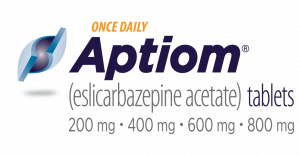 For more information
For more information
For more information about Aptiom® (eslicarbazepine acetate) please see the APTIOM Medication Guide and Full Prescribing Information at www.APTIOM.com. If you are pregnant or plan to become pregnant talk to your doctor before taking Aptiom®. Patients seeking medical information, financial support and other information can access Sunovion Answers at http://www.aptiom.com/sunovion-answers.html or by calling 1.844.4APTIOM (1.844.427.8466) Monday through Friday, from 8:00 a.m. – 8:00 p.m. EST. You are also encouraged to report any negative side effects of prescription drugs to the FDA. Visit www.fda.gov/medwatch or call 1-800-FDA-1088.
About Sunovion Pharmaceuticals Inc. (Sunovion)
Sunovion is a leading pharmaceutical company dedicated to discovering, developing and commercializing therapeutic products that advance the science of medicine in the Psychiatry, Neurology and Respiratory disease areas to improve the lives of patients and their families.
Sunovion, an indirect, wholly owned subsidiary of Sumitomo Dainippon Pharma Co., Ltd., is headquartered in Marlborough, Mass. More information about Sunovion Pharmaceuticals Inc. is available at www.sunovion.com.
About Sumitomo Dainippon Pharma Co., Ltd.
Sumitomo Dainippon Pharma is a top-ten listed pharmaceutical company in Japan. Sumitomo Dainippon Pharma aims to produce innovative pharmaceutical products in the Psychiatry & Neurology area and the Oncology area, which have been designated as the focus therapeutic areas. Sumitomo Dainippon Pharma is based on the merger in 2005 between Dainippon Pharmaceutical Co., Ltd., and Sumitomo Pharmaceuticals Co., Ltd. Today, Sumitomo Dainippon Pharma has about 7,000 employees worldwide. Additional information about Sumitomo Dainippon Pharma is available through its corporate website at www.ds-pharma.com
APTIOM is used under license from BIAL.

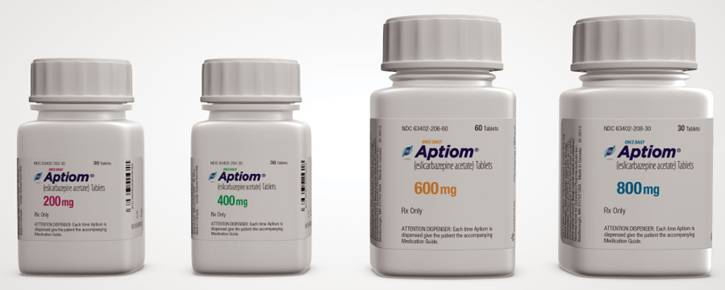
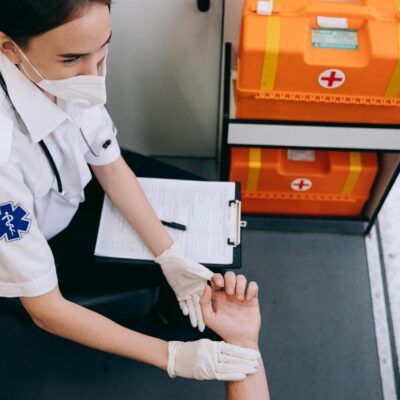


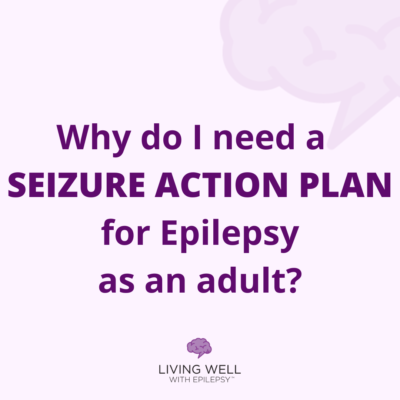
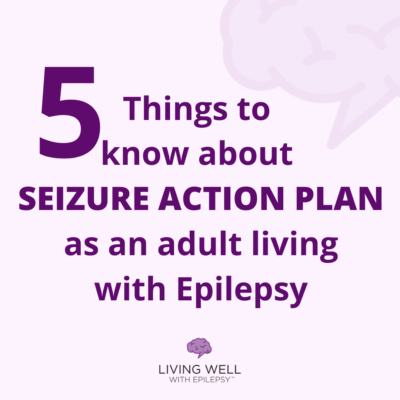



Leave a Reply